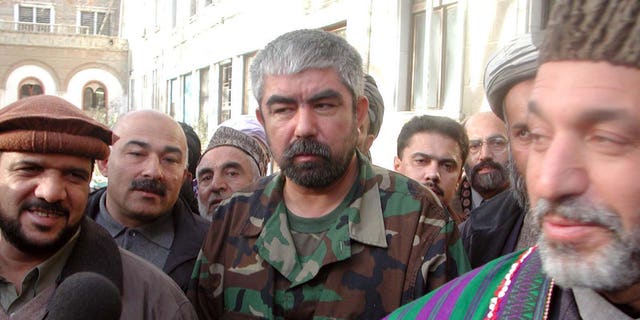

From the perspective of the political elite in power at the time, however, the repression was successful. It could be argued that many of these instances of ruthless repression did not successfully remove the roots of opposition, which resurfaced generations later.

The Rand study acknowledges that it excludes many cases of insurgencies and counterinsurgencies, quite a few of which were characterised by ‘brutal’, but not ‘ineffective’, repression: Ukraine and the Baltic countries in 1944–50, Iranian Kurdistan 1979–, Tibet 1959–74, Guatemala 1960–96, Biafra 1967–70, Argentina 1968–79, Turkish Kurdistan 1984–99 and Algeria 1992–2004, to name a few. It is, however, too early to determine how successful or unsuccessful the Taliban are being in their new counterinsurgent clothes. The claim that it is ineffective, however, rests on the lessons learned from studies of previous insurgencies and counterinsurgencies, as detailed in a report by Rand. The Taliban’s own way of doing counterinsurgency has been characterised as ‘brutal’ and ‘ineffective’.

On 1 September, the Taliban launched an operation to take control of Panjshir province, with the main valley coming under Taliban control within a week. The Taliban also negotiated for a couple of weeks with a range of former supporters of the Islamic Republic, including Ahmad Massud, before the latter reportedly insisted on a 50% share of power, which the Taliban rejected. After a lull of about two weeks, during which IS-K did not carry out any armed attacks on the Taliban, it resumed full-scale operations, re-aiming its campaign of targeted assassinations at the Taliban and resuming indiscriminate terrorist attacks against a range of civilian targets. According to Taliban commanders in Kabul, the Taliban’s leadership offered an amnesty to the Islamic State in Khorasan (IS-K), which unsurprisingly it rejected. When the Taliban took Kabul on 15 August, they knew that they would likely face armed opposition in the subsequent months.


 0 kommentar(er)
0 kommentar(er)
